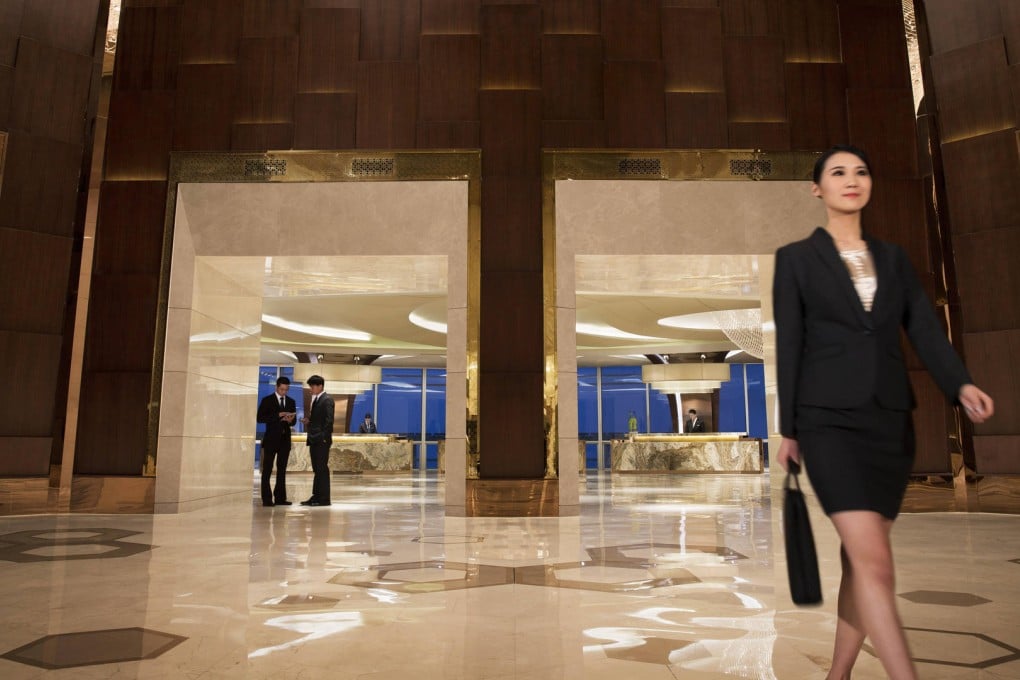Restrictions on government spending and stiff competition force upscale Zhengzhou brands to offer guests best possible customer experience
There has never been a better time for travellers to view the sights in and around the city, writesDavid Powell

Zhengzhou's range of premium hotels is broader and deeper than before, catering to a growing number of guests from all corners of the market. With provincial tourism revenue topping 500 billion yuan (HK$595.76 billion) for the first time in 2015, the city has benefited tremendously from its manufacturing prowess and from Henan's growth in tourism.
At the high-end of the market, several five-star hotels have opened in recent years, outpacing the growth of the tourism market, notes Daisy Duan, general manager of the Zhengzhou Yuda Palace Hotel.
Many guests are corporate travellers, given the city's position as a "major manufacturing hub for a variety of industry sectors, most notably in the hi-tech and automotive industries", says Albert Kaindlbauer, general manager of the Hilton Zhengzhou. He says the city is also "gaining in popularity as a cultural tourism destination, attracting independent leisure travellers as well as tour group guests from within China and overseas".
Joseph To, general manager of JW Marriott Hotel Zhengzhou, also sees "more leisure guests from east and south China [who come] to visit tourist sites around Zhengzhou like the Shaolin Temple, the Longmen grotto and Kaifeng".
Chinese policy efforts such as the Silk Road Economic Belt and the modern iteration of the Maritime Silk Road are also driving "a growing number of foreigners from Europe, America, Russia and other countries who come to Zhengzhou for business trips", To adds.
At the Yuda Palace, Duan sees the market broadening from luxury travellers to a mass market that encompasses a much broader array of business travellers and leisure guests.
Intense competition in Zhenghou's luxury hotel market means that local and international brands are working harder than ever to stand out from the crowd.
"The Hilton Zhengzhou offers three restaurant dining options, two bars and extensive meeting and events facilities," Kaindlbauer notes. He praises the hotel's panoramic executive lounge, health club, swimming pool and Thai-style spa as some of the Hilton's premier amenities.
At the JW Marriott Hotel Zhengzhou, To praises the hotel's "sky lobby" on the 38th floor, which gives access to more than 400 spacious guestrooms and suites. "The [hotel's] design was inspired by the Songyue Pagoda," To notes, with "aluminium exterior sunscreens giving the structure its distinctive pagoda-shape".
Duan of the Yuda Palace Hotel extols her company's long experience in the local market and the facility's warm and friendly staff. The hotel caters to demanding business travellers with "large and comfortable rooms, king-size beds and even an exclusive pillow menu". She says leisure travellers are keen to take advantage of the hotel's multiple restaurants and cuisine styles.
Kaindlbauer frequently plays host to Hong Kong guests travelling as a part of tour groups interested in Henan's rich cultural history. It's an experience echoed by To, who says that Zhengzhou attracts a significant number of domestic and international guests interested in travelling "back to their real home, a place where their ancestors come from".
Duan says Hong Kong is a major source of and intermediary for foreign investment in Henan, which in turn "positively affects the hotel business and draws more customers from Hong Kong".
As in much of China, the city's hotel market is drawing a larger number of international brands catering to a burgeoning middle class with increasingly discerning tastes. "More and more Chinese travellers go on overseas holidays and have clearly become more sophisticated in their requirements and expectations," Kaindlbauer observes.
The city's expanding air and rail transport networks are boosting the local economy, which in turn is transforming the hotel market, according to To. In addition to hosting the world's largest production base for Apple's iPhone, the city is home to bus giant Yutong manufacturing centres for private aircraft and for Nissan.
Every industry has its challenges, and Zhengzhou's hotel market is no exception. "Restrictions on government spending and stiff competition are the biggest challenges for MICE-oriented hotels in China now," To says. While this has crimped the market for meetings and incentive travel, hoteliers like To have responded with pricing that is "transparent and reasonable", and by "focusing on quality in all areas".
For more established players like the Yuda Palace Hotel, the challenge is to stay fresh. Duan says the hotel has responded through "constant upgrades and renovations since 2010, from the hotel lobby to the restaurants to the rooms and suites".
The major upscale brands agree that premium service levels are required to create the best possible costumer experience. With hotels focused on meeting every need of their guests, times have never been better for travellers to Zhengzhou.